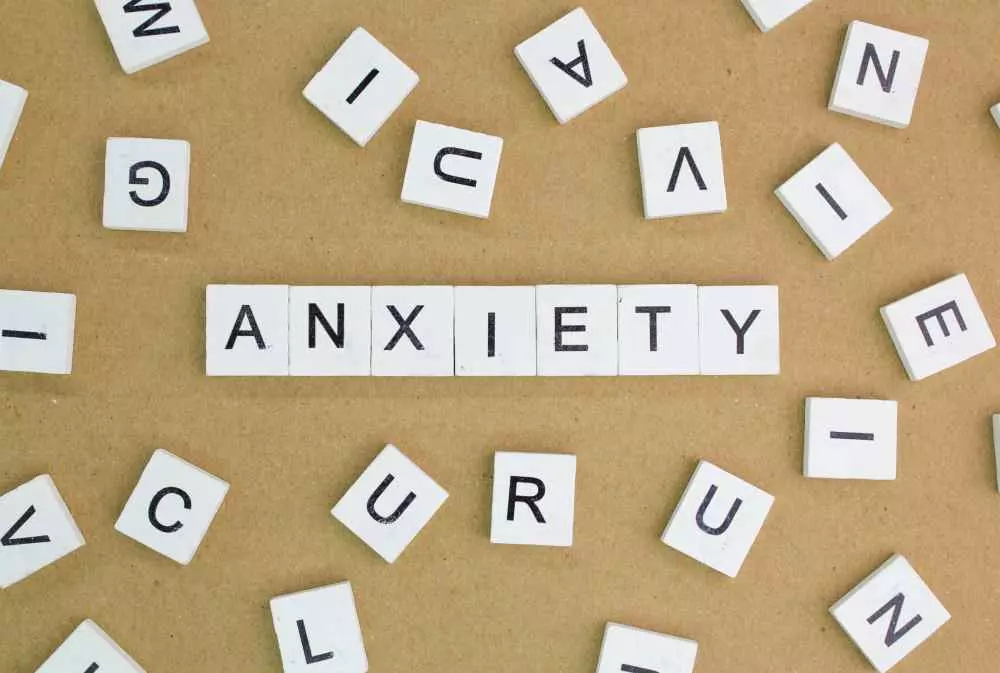Psychotherapy as an effective tool in dealing with anxiety neurosis
In today's busy world, more and more people are struggling with anxiety neurosis. This disease affects not only mood, but also quality of life and interpersonal relationships. However, there is an effective tool that can help treat and cope with anxiety neuroses psychotherapy.
What are anxiety neuroses?
Anxiety neuroses are mental disorders that are characterized by excessive and irrational anxiety in various situations or for no apparent reason. Symptoms of anxiety neuroses can include: feelings of restlessness, shortness of breath, concentration problems, sleep disturbances and even panic attacks. These intense symptoms often affect daily functioning and limit quality of life.

Effectiveness of psychotherapy in treating anxiety neurosis
Psychotherapy is one of the most effective treatments for anxiety neurosis. Studies show that regular therapy sessions help patients understand the causes of their anxiety and develop effective strategies to manage their symptoms. The therapist helps the patient identify thoughts and behavior patterns that contribute to neurotic symptoms.
Therapy also focuses on interpersonal relationship science, which is designed to identify stressors in the patient's life and help him or her deal with them in a healthier way. The psychotherapist may also use relaxation and stress reduction techniques to help the patient control his or her fear and anxiety.
Different types of psychotherapy used to treat anxiety neurosis
1. Cognitive-behavioral therapy
Cognitive-behavioral therapy (CBT) focuses on identifying and changing negative thoughts and harmful behavior patterns. The therapist helps the patient learn new coping skills, such as relaxation techniques and breathing regulation methods. CBT is one of the most widely used therapeutic approaches for treating anxiety neurosis.
2. Interpersonal therapy
Interpersonal therapy focuses on improving the patient's interpersonal relationships and communication. The therapist helps the patient identify relationship problems and develop healthier behavior patterns and communication skills. This form of therapy can help resolve interpersonal conflicts that may contribute to neurotic symptoms.
3. Psychodynamic therapy
Psychodynamic therapy is based on understanding the unconscious motives and desires that influence the patient's behavior. The therapist together with the patient analyzes childhood and early experiences to identify the causes of anxiety and neurotic symptoms. Psychodynamic therapy can help patients change negative thought patterns and behaviors.
The psychotherapist's help and the patient's role
For treatment through psychotherapy to be effective, the patient's cooperation and involvement is important. The patient should be open to learning new coping skills and ready to change his or her thoughts and behaviors. The therapist acts as a guide and support in the process, but it is the patient who is responsible for implementing the learned strategies into daily life.
Regular therapy sessions, participation in support groups, and the use of relaxation and stress reduction techniques can help the patient significantly reduce symptoms of anxiety neurosis. Over time, the patient acquires new coping skills and becomes more confident in difficult situations.
Summary
Anxiety neuroses can have a serious impact on a patient's life, but psychotherapy can be an effective tool in dealing with these illnesses. With the support of an experienced psychotherapist, the patient has the opportunity to identify the causes of his or her anxiety and develop healthier coping strategies. Therapy can be conducted through a variety of approaches, such as cognitive-behavioral therapy, interpersonal therapy or psychodynamic therapy. A key element for success is the patient's commitment and willingness to learn new skills. Through regular therapy sessions and the application of acquired knowledge in daily life, the patient can reduce anxiety neurosis symptoms and regain a fuller life.
Add comment